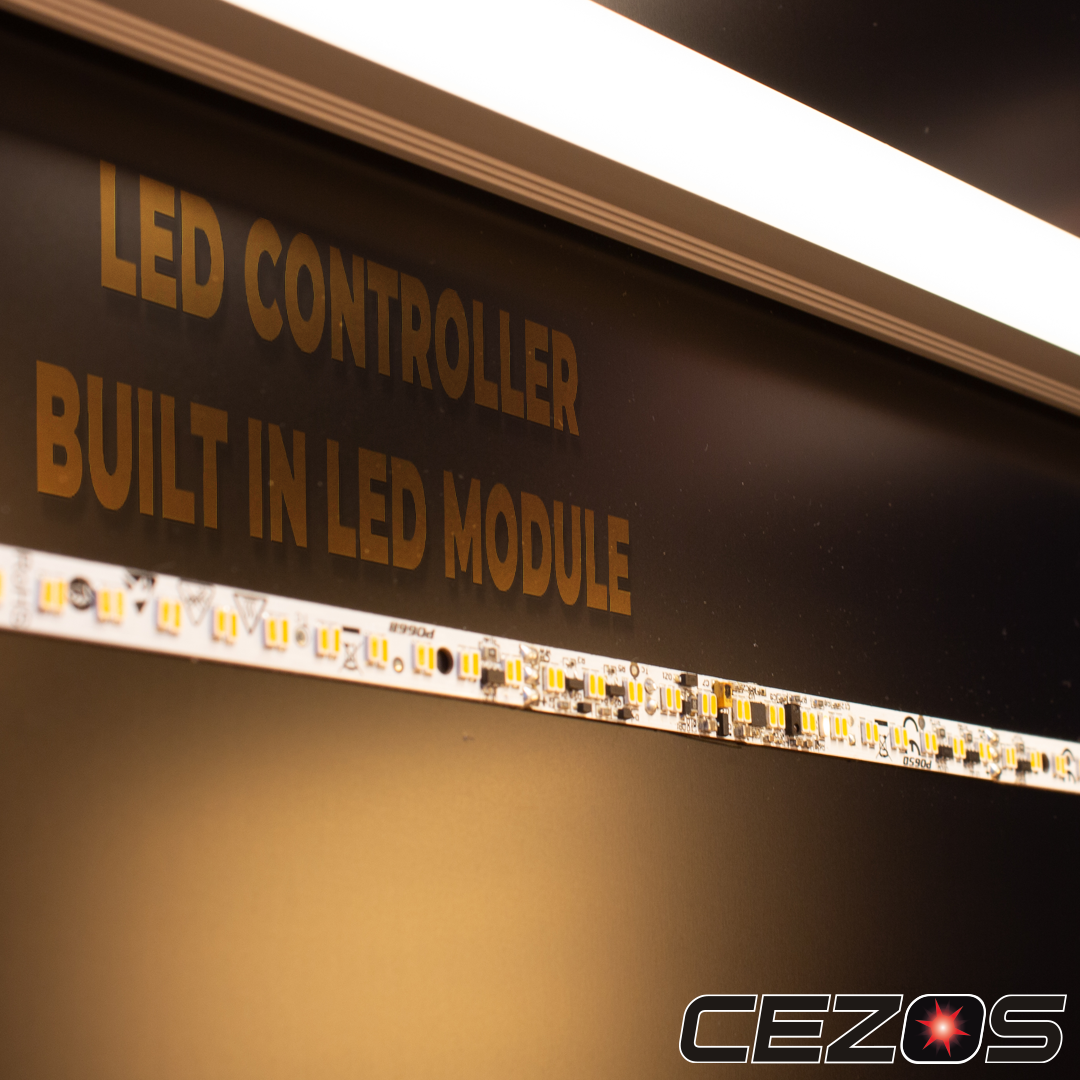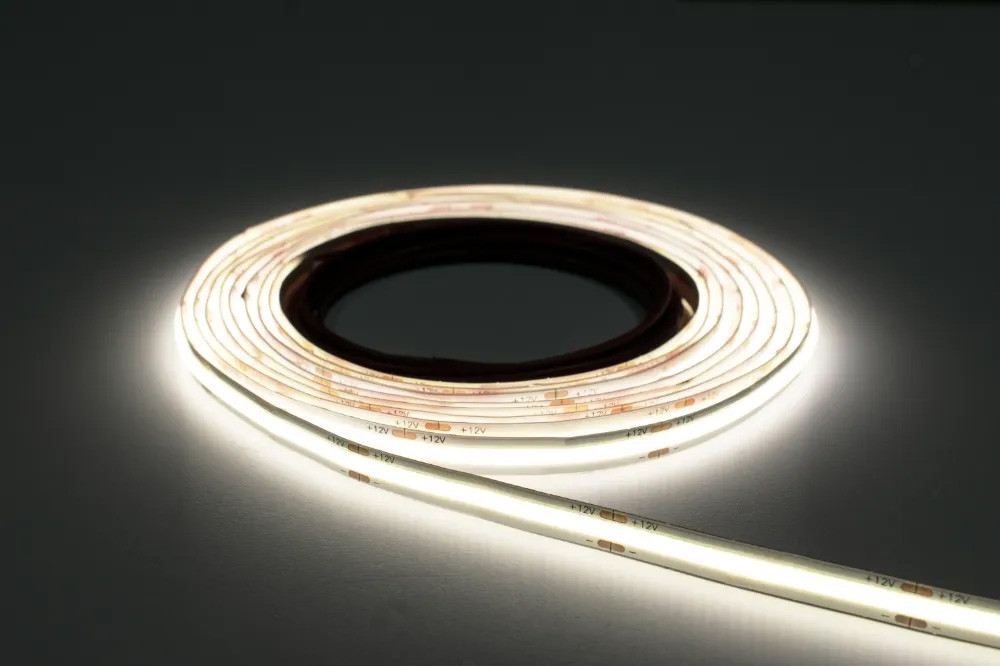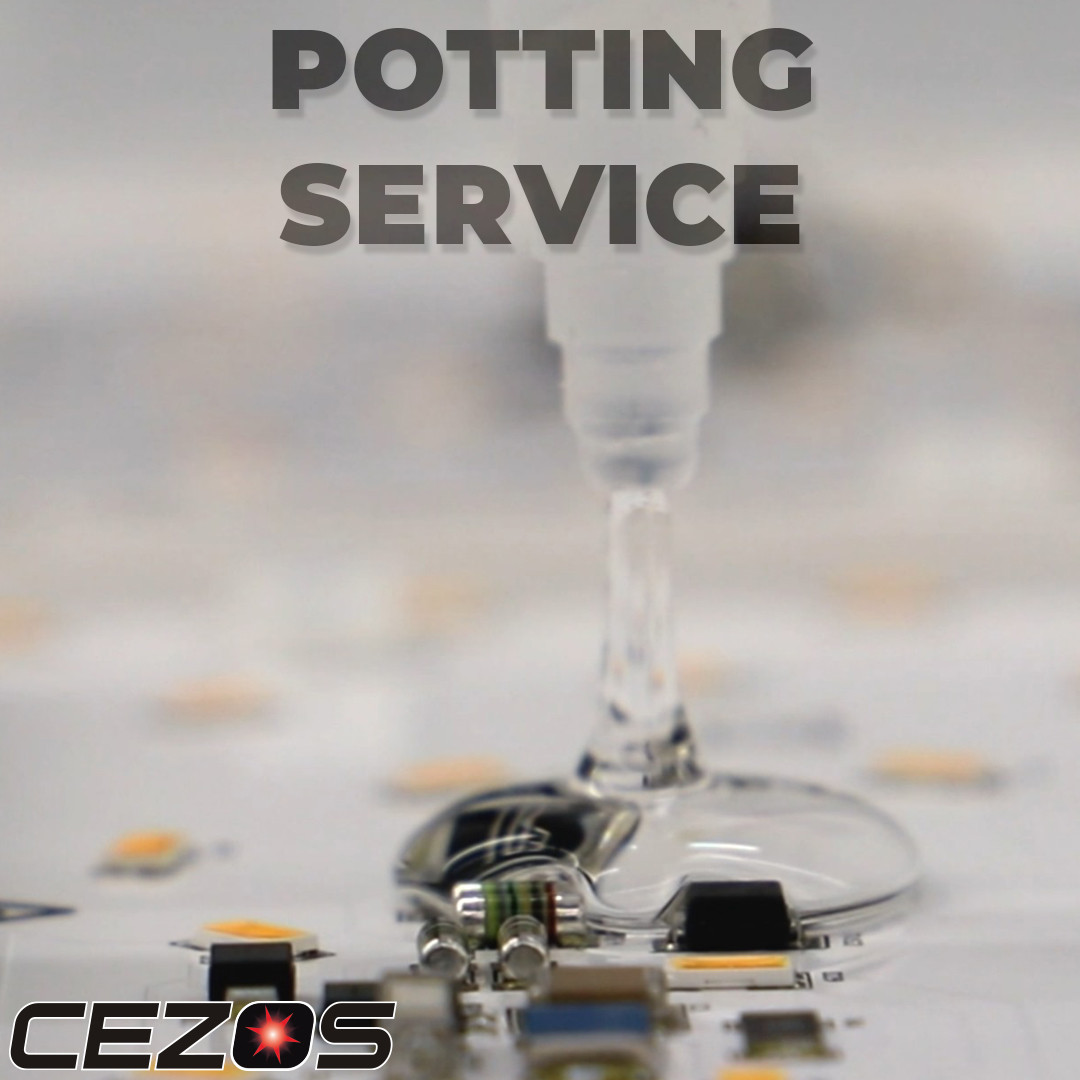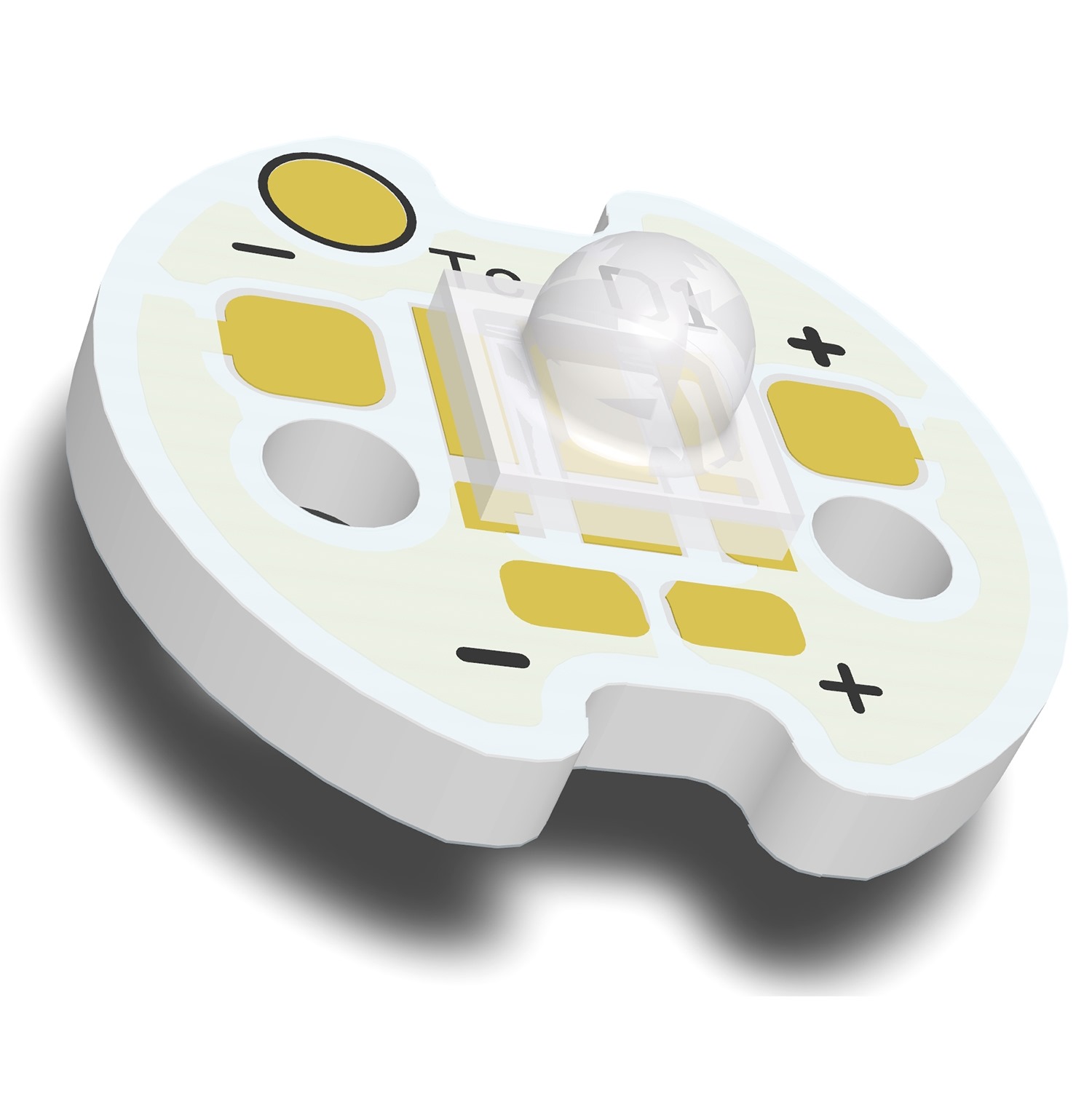- today
- perm_identity Szymon Szewczyk
- favorite 0 likes
- remove_red_eye 651 views
- comment 0 comments

The History of Christmas Lighting: From Candles to Smart LED Lights
Christmas lighting is an inseparable element of the holiday season. Lights not only add magic and warmth to decorations but also symbolize hope, light in the darkness, and the joy of this special time. But how did the history of Christmas lights begin?
Candles: The Beginnings of Festive Decorations
The first Christmas lights in the form of candles on trees appeared in the 16th century, attributed to German Protestants who wanted to symbolize Jesus as the "light of the world." Candles were attached directly to tree branches with wax or primitive holders, often posing a fire hazard.
To prevent accidents, many households kept buckets of water ready in case the tree caught fire. Lighting the candles was a special event — usually reserved for moments like Christmas Eve dinner or caroling.
Despite their simplicity, the candlelight created a warm, magical atmosphere that became the inspiration for modern Christmas lighting.
The Advent of Electricity: The First Lights
A breakthrough in Christmas lighting came in the 19th century with the invention of the light bulb. In 1882, Edward H. Johnson, an associate of Thomas Edison, revolutionized the tradition of candles by creating the first electric Christmas tree lights. He installed 80 small bulbs connected by a wire on his tree, a spectacular sight for the time.
Initially, these lights were extremely expensive. By 1900, their cost was equivalent to several months' wages, making them accessible only to the wealthy. The growth of the electrical industry and mass production later made them more affordable.
Tree Bulbs: The Rise of Popularity
The 1920s marked the beginning of widespread use of electric lighting. General Electric introduced light sets on wires that could easily be plugged into outlets. Lights in various shapes and colors were also produced, adding charm to the festive season.
In the U.S., a trend emerged for outdoor light displays, with neighborhoods competing to create the most impressive illumination. In Poland, this trend appeared later but is now equally popular.
Lights on Facades: The Birth of Public Displays
By the mid-20th century, Christmas lighting began to appear not only in homes but also in public spaces. The first urban illuminations occurred in major cities like New York, where the iconic tree at Rockefeller Center became a holiday symbol.
Street lights, such as garlands and decorations shaped like stars, bells, or reindeer, attracted residents and tourists, becoming an integral part of the holiday landscape.
LED Lights: A Technological Revolution
In the late 20th century, LED technology revolutionized Christmas lighting. LED lights offer many advantages over traditional bulbs: they are energy-efficient, durable, and available in a wide range of colors.
LEDs also enabled more advanced lighting effects, such as blinking, pulsating, or color-changing lights. These innovations paved the way for dynamic light shows we admire today in homes and public spaces.
Smart Systems: Holidays in the Smart Home Era
In the 21st century, Christmas lighting entered the era of smart technologies. Systems like Philips Hue allow full customization of light displays. Using a smartphone app, you can control colors, brightness, and even synchronize lights with music.
Increasingly, holiday lights are becoming part of smart home ecosystems. They can be turned on and off with voice commands or schedules, making them more convenient to use.
Holiday Shows: Lighting as a Tourist Attraction
Modern light displays, such as synchronized shows set to music, attract crowds of tourists. Examples include the spectacular shows in Las Vegas or London's famous Oxford Street illuminations.
These spectacles are not only entertainment but also a way to promote cities and encourage visits during the holiday season.
From humble candles to advanced LED systems, the history of Christmas lighting is a fascinating story of technological progress and human creativity. Whether you choose traditional lights or the latest smart systems, lighting continues to bring magic, warmth, and joy to this special season.
 Polski
Polski  English
English 




































Comments (0)